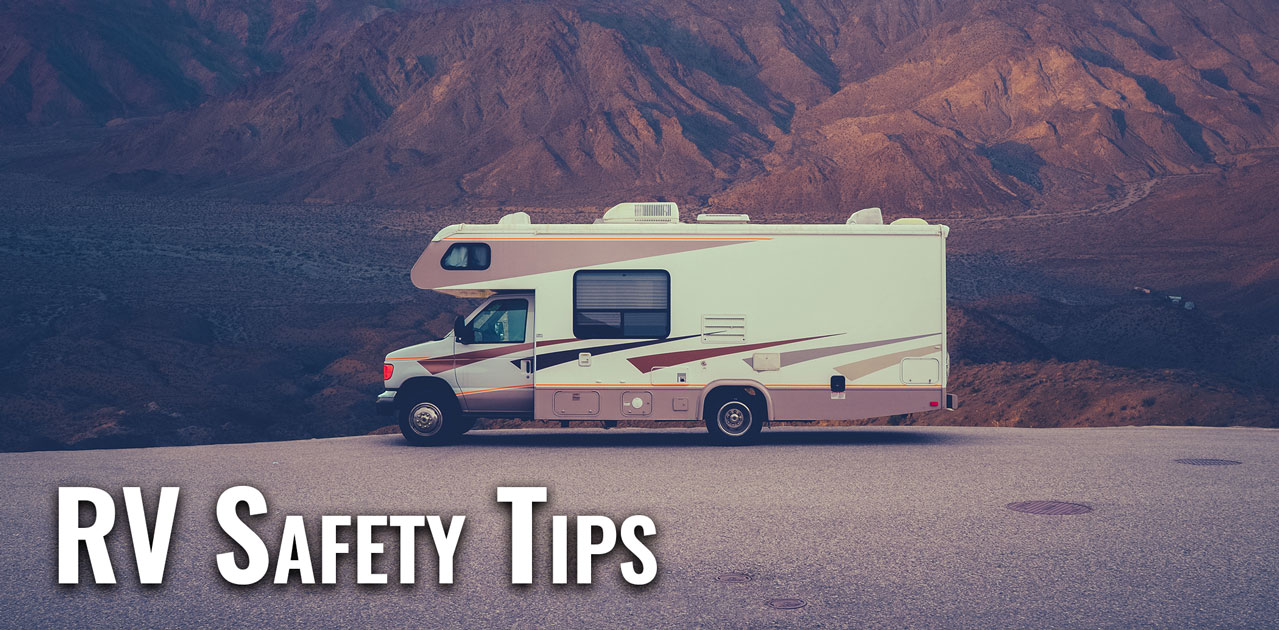RVing can be a fun way to see the world and spend time with your family. But because it’s bigger and heavier than an average car or truck, there are additional hazards that come with owning and operating an RV. It’s important to make sure you have the proper coverage for an RV, and also to follow safety tips before, during, and after your trip.“Most people should know that when hauling a RV, the liability for that RV will be extended from the vehicle that is hauling it…if the vehicle is insured on a personal (non-business) policy,” said Brian Varsho, Personal Risk Sales. “People should also know that just like an auto policy you can add comprehensive and collision coverage to gain full coverage for the RV. A lot of carriers will add the RV to an auto policy but most people should find out if they are losing any coverage on the RV when it is added to an auto policy. Sometimes coverage can be lost for accessories, like awnings, when the RV is added to an auto policy vs a recreation vehicle policy.”At MI, there are multiple companies that specialize in just RV insurance and agents are able to provide a quote quickly.“When looking to insure an RV, you’ll want to make sure that everything you want to have covered is covered – such as personal property inside and outside the RV,” added Varsho. “Also, determine what liability they might have while they are parked or backing into a campground, and what the value of the RV is and how that would be covered in the event of a loss.”Many RV accidents can be avoided by following these pre-trip, mid-trip and post-trip tips.
Pre-trip Tips:
- Know the weight capacity of your RV.
- Perform a complete pre-trip inspection. Check these before heading out:
- tire pressure
- tread depth
- headlights
- taillights
- turn signals
- belts
- oil levels
- hitch
- other towing equipment
- windshield wipers
During the Trip Tips:
- Know your RV’s height.
- Watch your speed, especially at night and during dusk.
- Slow down on blind curve areas of the roadway.
- Use your high beams at night to see animals and other obstructions.
- Always wear a seat belt—it’s your best safety defense.
After the Trip Tips:
- Clear out any food and garbage.
- Store the RV in a safe, secure location.
Safety First
In the event that you get into an accident while driving your RV:
- Pull off to the side of the road and call the State Patrol or local police department.
- If possible, move the RV to the side of the road.
- If the accident involves two or more vehicles, make sure the other drivers are okay.
For more information, contact an agent today at 715-387-4443!

